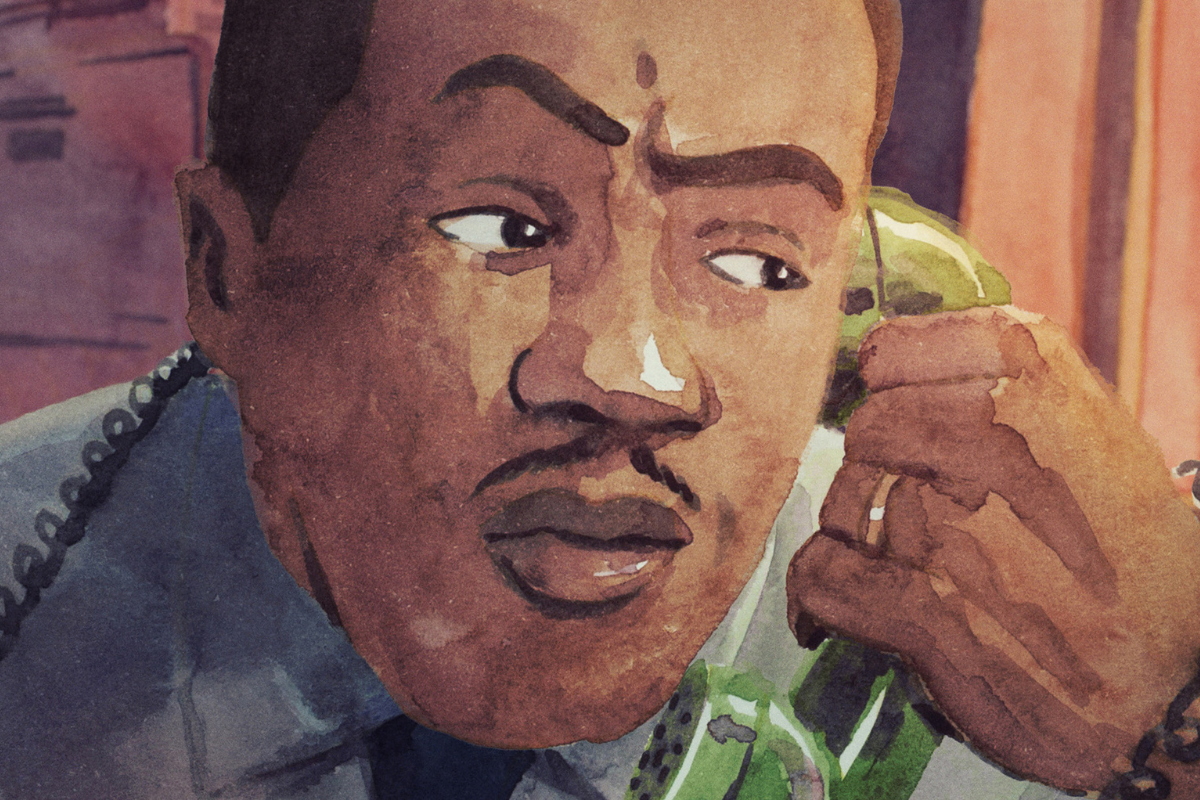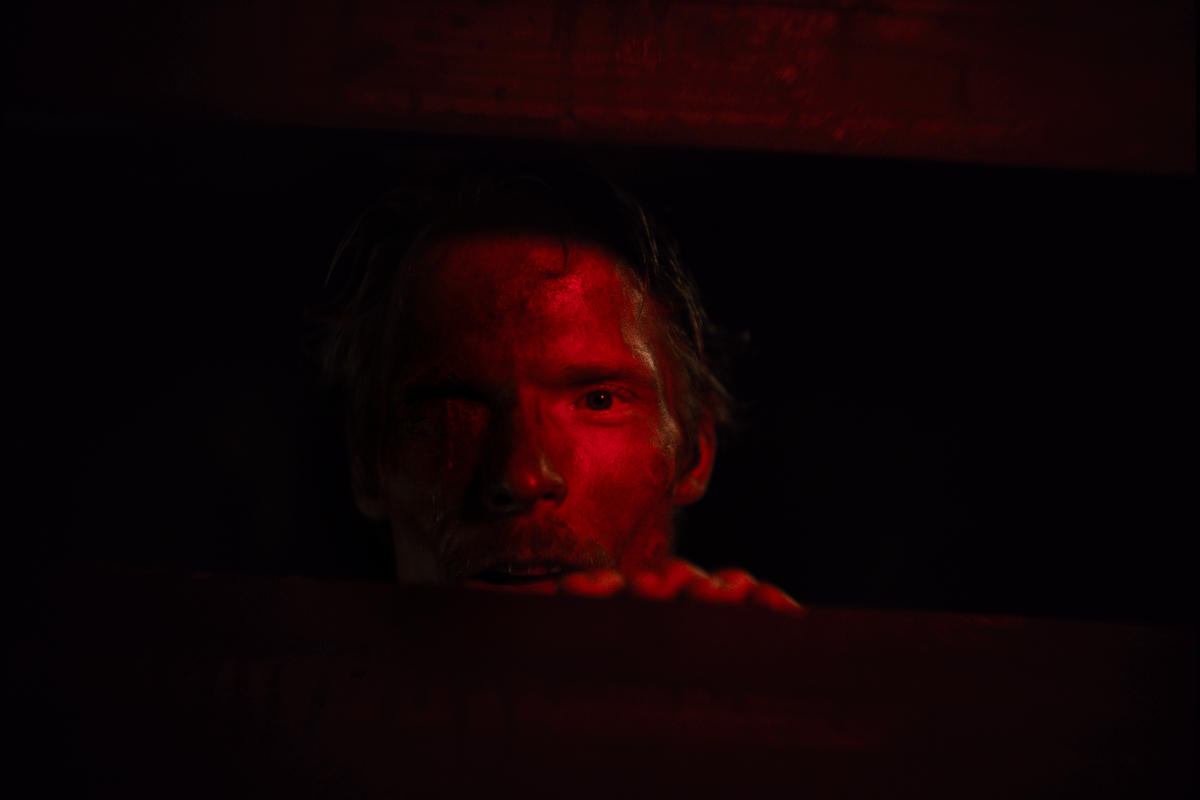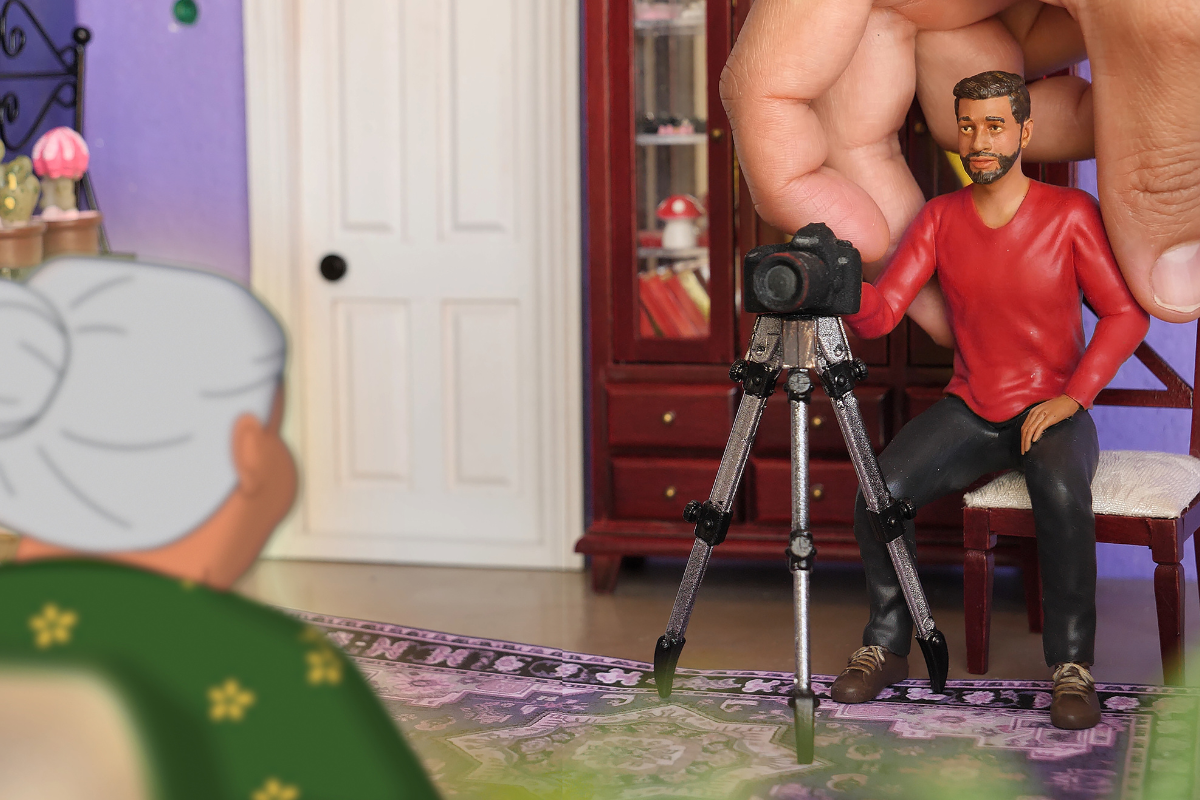The Indie Film Proposal – A Living, Breathing Document
As much as a screenplay evolves – changing dramatically (and hopefully for the better) from initial concept to first draft, through rewriting on through the development, pre- and production processes, so, too, should your indie film “package” constantly be refined as you further clarify your project and hone in on your hit list targets…
As much as a screenplay evolves - changing dramatically (and hopefully for the better) from initial concept to first draft, through rewriting on through the development, pre- and production processes, so, too, should your indie film “package” (investor presentation, business plan, joint venture proposals, website and any and all marketing materials) constantly be refined as you further clarify your project and hone in on your hit list targets: core audience demographics, best distributors for your niche or genre, key talent attachments, potential investors, product placement and other joint venture partners or sponsors.
This should be true of any document you’re working with, be it a shooting schedule, department or overall budget, storyboards, shot lists, etc. – as their purposes are to help you think on the page. This is a safe haven for you to make mistakes with no consequences and test theories off everyone’s radar that can blessedly be taken back with a keystroke. This is one low-pressure zone you have to prudently consider all your options as your thinking changes, your resources ebb and flow, the attachments and elements that constantly change the dynamics before you’re committed with a hundred cast and crew, rented equipment and expensive locations all on the clock waiting for your leadership. Know before you go (also so that you know your best case back-up scenarios and how each adjustment will affect you on the fly).
The script is not the only blueprint for making a film – its part of the whole package. And just like building a home, if you move a bearing wall or as your vendors, materials or weather change, it’s going to affect your bottom line, your timeline and your final product. All this paperwork is simply best efforts to get everyone on the same page, hopefully collaborating with you towards achieving a shared, clear vision.
Any film can be made for any budget.
Of course with wildly different production values, cast, special effects, etc.
And while William Goldman was right when he said “Nobody knows anything,” and anyone who dares to offer up a Hollywood “rule” or “formula” is immediately flooded with hate mail of contrary examples, I would be willing to risk defending that:
A film’s budget has limited predictable value on a film’s box office.
Line up Paranormal Activity and The Blair Witch Project at the ultra low budget surprise breakout box office hit end of the spectrum to Sahara, The Alamo and Cutthroat Island to name just a few on the other, far more painful end of the spectrum, and the myriad examples in between.
Lastly, another caveat I think is fair to toss out there (that I've heard many places but I'll credit it to where I first learned it: from James Kelly Durgin over at Cinema Arts Tech, where I used to teach writing indie film business plans):
You can have it Good, Fast and/or Cheap.
Pick any TWO
You can never have all three – you have to make choices:
* Yes! You can have it good and fast! (But it won’t be cheap!)
* Yes! You can have it cheap and fast! (But it won’t be good).
* Yes! If you want it good but cheap, you’re gonna have to be patient (behind the better paying clients).
A script/project can turn into all different sorts of films (or TV) as it is affected by every single player who touches it. What best serves the material? Does every one on your team share the same goals - or at least mutually-conducive goals? That's what you ought to be thinking/talking about - and ENSURING.
In an ideal world, every member of your team is an Artist-Entrepreneur, a fiscally-sound creative - and easy to work with! Not just craftspeople worried about everyone else’s per diem or pay rate or their precisely-timed lunch break or artistes oblivious to everyone around them or even the suits disregarding the whole reason for doing the project in the first place. We are entering a whole new era where we all have to wear all the hats – and appreciate where everyone’s coming from and what they’re all trying to bring to the table.
Who's Reading Your Film Proposal? And What For?
Heather Hale is a film and television writer, director and producer with over 80 hours of credits. She currently produces Lifestyle Magazine, the #1 life coaching broadcast television talk show. She wrote the $5.5 million dollar Lifetime Original Movie The Courage to Love (2000) which starred Vanessa Williams, Stacy Keach, Gil Bellows and Diahann Carroll. She directed, produced and co-wrote the million dollar thriller Absolute Killers which was distributed theatrically then sold at Walmart and Best Buy.
She has books published by the two major entertainment industry publishers: Story Selling: How to Develop, Market and Pitch Film & TV Projects (2019, Michael Wiese Productions) and How to Work the Film & TV Markets: A Guide for Content Creators (2017, Focal Press/Routledge).
The Independent Film and Television Alliance approved her as a qualified independent producer to pitch projects to NBCUniversal for their annual development fund. As IFTA’s Industry Liaison, Ms. Hale booked all the speakers for the 2013 American Film Market, including their flagship Conference series as well as launching their Producer’s Workshop. Ms. Hale served as the Vice President of Event Programming for NATPE (the National Association of Television Program Executives) for whom she also booked speakers and designed curriculum as well as consulting professionals to polish their pitch packages and sizzle reels to prepare them to pitch their TV concepts at their annual TV markets. She has written many “How to Pitch TV” articles and executive profiles for their membership newsletter and website.
A popular international speaker and in-demand consultant, Ms. Hale has taught custom pitching workshops to ABC/Disney Drama Executives, a weeklong screenwriting retreat in Australia (integrated with concurrent directing and acting programs). She teaches webinars and online classes for the Writers Store, Screenwriters University and Stage 32. She is a member of The Academy of Television Arts and Sciences (The “TV Academy,” the entity that awards the Emmys) and ShowBiz Mensans.







